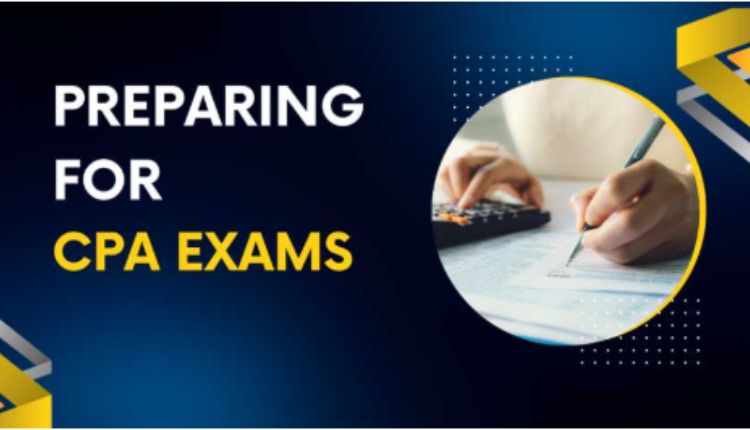Becoming a certified public accountant isn’t just about numbers. It’s a defining moment in your career. Whether you’re eyeing a role as a small business accountant in Atlanta or aiming higher, the CPA exam is your gateway. You need clear guidance to navigate this path. A well-planned strategy is your ally here. Your journey starts with understanding the CPA exam’s structure. It includes four sections: Auditing and Attestation, Business Environment and Concepts, Financial Accounting and Reporting, and Regulation. Knowing what to expect lessens anxiety.
Each section tests specific skills crucial for a successful accounting career. Prioritize study time based on your strengths and weaknesses. Passing the CPA exam requires dedication and a structured plan. With this step-by-step guide, you will gain clarity and confidence. You are on your way to certification success and opening doors to countless professional opportunities. Embrace this challenge with resolve and determination.
Understanding the Exam Structure
The CPA exam consists of four distinct sections. Each section focuses on different aspects of accounting knowledge. This balanced approach ensures you possess the comprehensive skills needed in the field.
| Section | Content | Duration |
| Auditing and Attestation (AUD) | Auditing processes, professional responsibilities | 4 hours |
| Business Environment and Concepts (BEC) | General business environment, business concepts | 4 hours |
| Financial Accounting and Reporting (FAR) | Financial accounting standards and concepts | 4 hours |
| Regulation (REG) | Taxation, business law, ethics | 4 hours |
Effective Study Strategies
Success lies in preparation. Here are three key strategies to help you study effectively:
- Set a Schedule: Draft a study schedule that suits your lifestyle. Consistent daily study is more effective than cramming.
- Use Quality Study Materials: Invest in reputable CPA exam review materials. These resources provide critical information and practice questions.
- Practice Regularly: Take practice exams under timed conditions. This familiarizes you with exam pressure and helps identify weak areas.
Understanding the Application Process
Applying for the CPA exam involves several steps. First, ensure you meet the educational requirements outlined by your state board. You should have a bachelor’s degree with a specific number of accounting credits. Visit NASBA for details on state-specific requirements.
Next, submit an application to your state board. This includes proof of education and a fee. Upon approval, you’ll receive a Notice to Schedule (NTS). This document allows you to choose your exam dates through Prometric testing centers.
Maintaining Your Momentum
Staying motivated throughout your study period is crucial. Here are three techniques to help you maintain momentum:
- Set Achievable Goals: Break your study schedule into manageable tasks. Achieving small goals boosts confidence.
- Join Study Groups: Engaging with peers provides support and different perspectives on challenging topics.
- Stay Healthy: Balanced nutrition, regular exercise, and adequate sleep enhance focus and retention.
Preparing for Exam Day
On exam day, arrive early at your chosen Prometric center. Bring your NTS and two forms of identification. Remember that personal items are not allowed in the testing room. Familiarize yourself with the center’s protocols to avoid surprises.
Your Path to Success
Taking the CPA exam is a significant step in your accounting journey. With thorough preparation and a commitment to your study plan, you position yourself for success. Remember, this process not only tests your knowledge but also builds resilience and discipline. These qualities are invaluable in your professional journey.
We wish you strength and perseverance as you prepare for the CPA exam. Stay focused, and your efforts will be rewarded with certification and a promising career in accounting.

